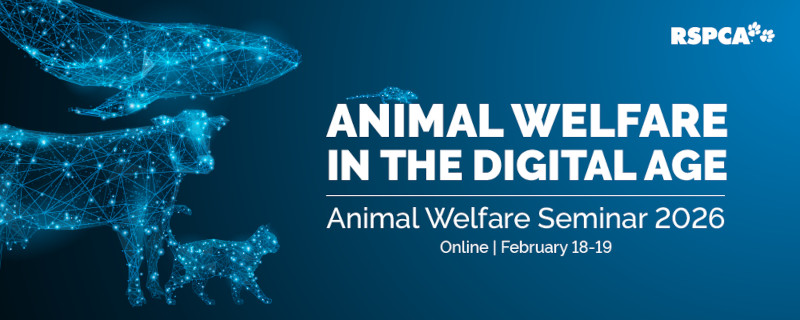The average age at which Thoroughbred horses commence racing is three years, but in Australia, some horses start their racing careers as two-year-olds. One reason for starting horses at this age is that once racing commences, horses can begin to earn money, and an early start increases the potential financial return on the investment made in the horse. However, it is argued that not all horses are sufficiently mature to cope with the strain of training and racing at an early age. For this reason, RSPCA Australia is opposed to the racing of immature horses.
Research on the racing of two-year-olds has yielded mixed results on the effects of early entry into racing on the longevity of a horse’s racing career and their musculoskeletal and cardiovascular health. The evidence indicates that low-grade injuries and disease occur at a high rate during the training and racing of two-year-olds in Australia, with 85% of horses reported as suffering at least one incident of injury or disease [1]. This can result in the disruption of training schedules and a delay in starting until the subsequent season, although on average, horses starting as two-year-olds that remain racing will retire from the industry at a similar age to those that started as three-year-olds.
Shin soreness or DMD (dorsal metacarpal disease) is the most common cause of lameness in two-year-old horses. It is a major animal welfare concern and a significant cause of wastage from the racing industry. Veterinary intervention such as DMD detection programs can assist in reducing the injury risk of early racing. Reduced injury rates can also be achieved through the adoption of scientifically based training methods which focus on conditioning musculoskeletal tissues to avoid under- or over-training prior to racing. However, the safest way of reducing injury risk is to combine science-based training methods with the assessment of an individual horse’s suitability for commencing racing, based on its musculoskeletal development.
Currently, decisions on the maturity of individual horses to commence training and racing are in the hands of owners and trainers. Given that there is considerable financial pressure to start horses earning at an early age, RSPCA Australia believes that this decision requires independent veterinary advice. The RSPCA therefore supports the requirement for veterinary certification to indicate that a horse has matured satisfactorily before training for racing can commence.
Reference
[1] Cogger N et al. (2006) Risk factors for musculoskeletal injuries in 2-year-old Thoroughbred racehorses. Preventative Veterinary Medicine 74(1):36-43

